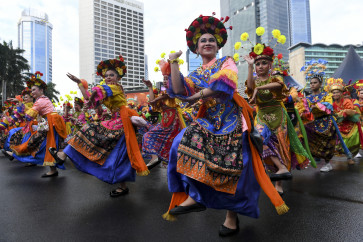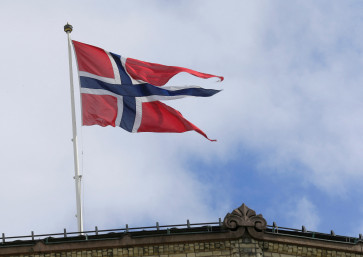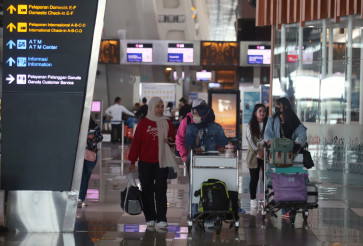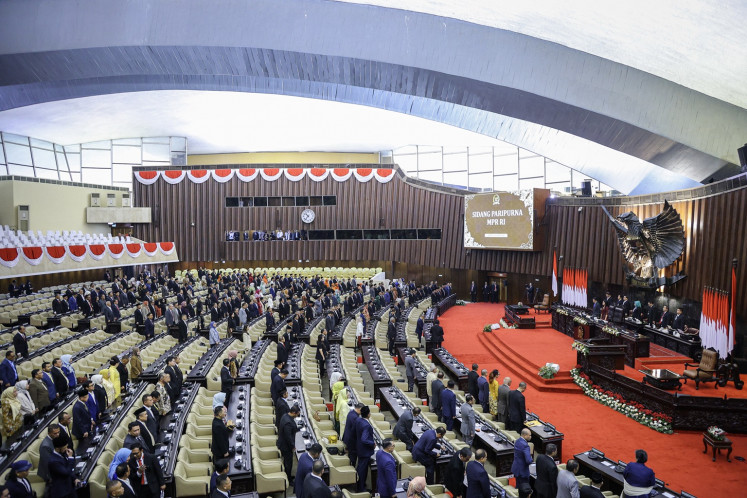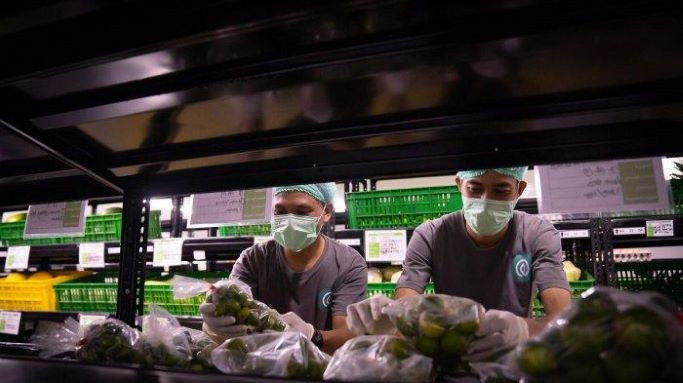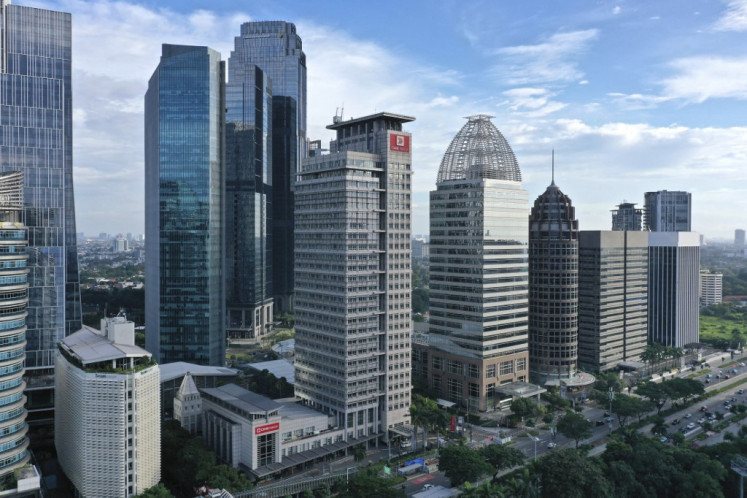Popular Reads
Top Results
Can't find what you're looking for?
View all search resultsPopular Reads
Top Results
Can't find what you're looking for?
View all search resultsWorld Bank touts open-data program in Jakarta
It has become a habit for many Indonesians to access Wikipedia to know, basically, everything
Change text size
Gift Premium Articles
to Anyone
I
t has become a habit for many Indonesians to access Wikipedia to know, basically, everything. When feeling distressed by corruption in Indonesia, all that a whistleblower needs to do is click the Corruption Eradication Commission (KPK) site.
Amid an information overload era, global financial giant the World Bank has joined the club by providing free-flow information access and corruption reporting features.
In April 2010, the World Bank established the Open Data Initiative to promote transparency, participation and accountability. The bank, along with over 30 partners, has compiled a data catalog, consisting of more than 200 countries’ data with over 7,000 indicators. The topics range from Energy and Mining to Gender and Climate Change.
“We want people from the academic world, media, business and the development community to know about and use it. Most of our site visitors use it for research and information,” said World Bank External Communications manager Sumir Lal after the program’s introduction in Jakarta, on Tuesday, last week.
Established two years ago, the World Bank has engaged its data catalogue with social media in order to “reach a greater potential readership and become more understandable.”
Now, visitors can sort and match data and visualize it onto a graph, map or table. The customized data is free for downloading, embedding into social media or blogs, or for use in business presentations. The World Bank has gone further by allowing people to create innovative tools, applications and mash-ups using the available data catalogue.
Meanwhile all corruption and fraud reports, according to Lal, are scrutinized by the bank’s Department of Institutional Integrity.
“The department, which is independent from the rest of the bank management, will verify and conduct an investigation into a country. If they do uncover some sort of corruption which involves a major implementing authority, they will report it to the respective government to be proceeded with according to that country’s law,” explained Lal.
Supporting transparency also means that the World Bank is open about (some of) their projects and operations as well. For example, people can access documents and budget plans of the ongoing Jakarta flood mitigation project. The website has also built citizens engagement into the National Program for Community Empowerment (PNPM).
“We found Facebook pages of 300 PNPM technical units throughout Indonesia. We created an Indonesia map visualization which linked with their Facebook pages, so people are aware of their work,” said a World Bank local official.
Despite providing a wide array of data and interface features, the World Bank still has a challenge in unleashing the market potential of Indonesia, home to around 55 million internet surfers.
Soong Sup-lee from the bank’s Development Economics vice presidency (DEC) said that Indonesia was not among the top 20 countries based on the number of web visitors.
Despite being known as a reputable international organization, some Indonesians seem to have more faith in the country’s Central Statistics Agency (BPS).
“BPS data, which has been authorized by the President, is more detailed. Each city and regency has their own researchers. Besides that, I found some numerical discrepancies between BPS and World Bank data,” said Ratri Indah Septiana from the Smeru Research Institute.
Unlike Ratri, the Indonesian Committee for Franchises and Licenses (WALI) chairman Amir Karamoy is skeptical about any institution’s data.
“Personally, institutional data is only used for references for my classes or speeches. For business, I would never use it. I trust more my employees, best friends or fellow businesspeople,” said Amir during in a telephone interview.
In reporting graft cases, Amir prefers to rely on the KPK. (yps)


